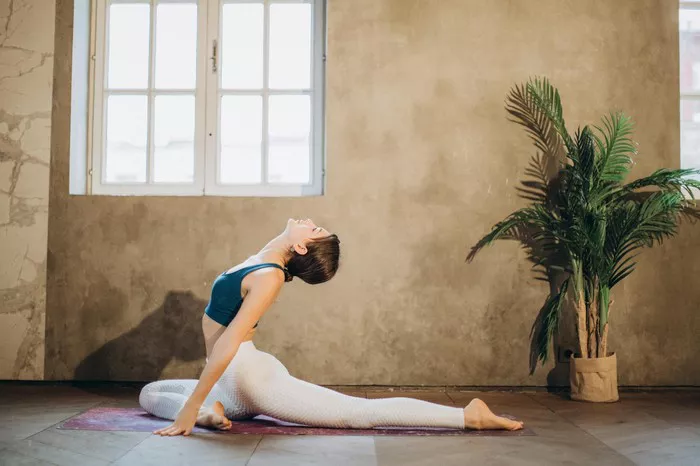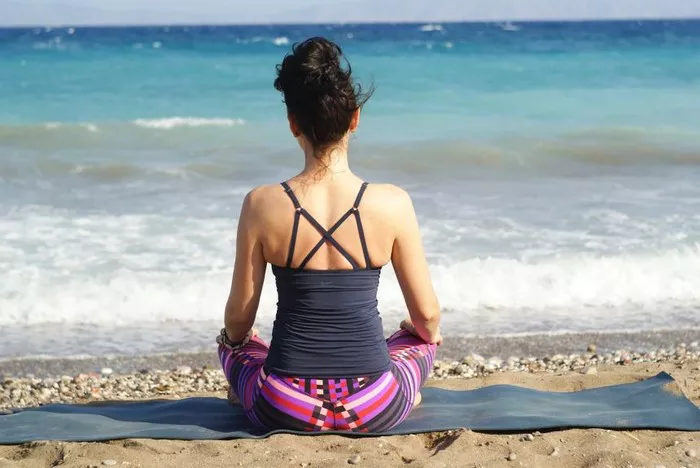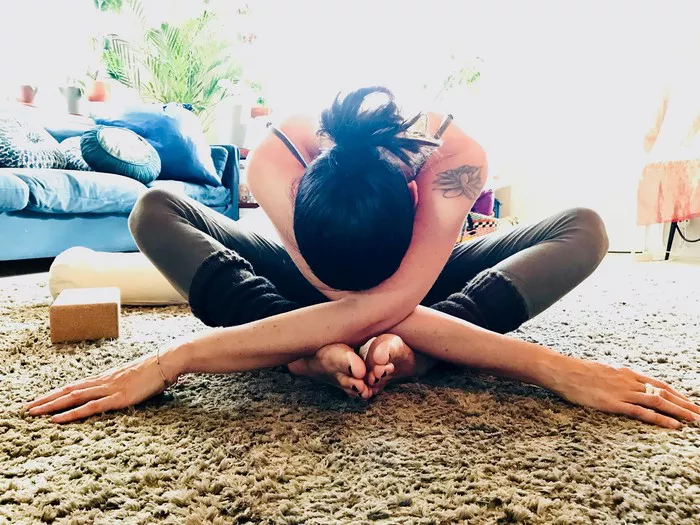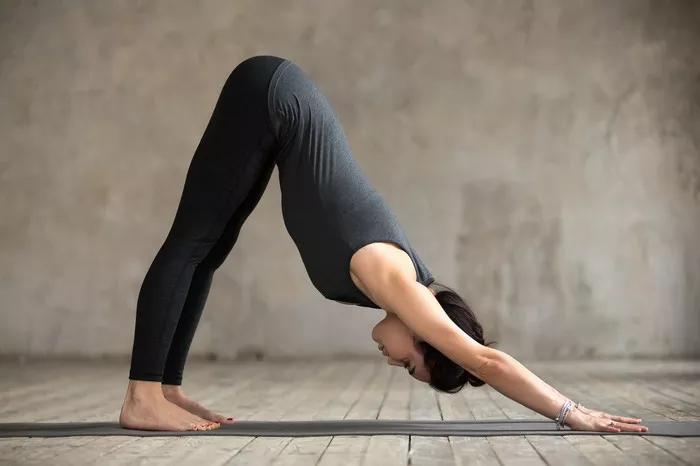In recent years, yoga has gained immense popularity worldwide as a form of physical exercise, relaxation, and spiritual practice. However, for devout Catholics, engaging in yoga can raise questions and concerns regarding its compatibility with their faith. The intersection of yoga and Catholicism sparks debates within the religious community, with some embracing it as a beneficial practice and others cautioning against its potential conflicts with Christian beliefs. In this article, we will delve into the question: Can Catholics do yoga?
Understanding Yoga: Origins and Practices
Yoga originated thousands of years ago in ancient India and encompasses a diverse range of physical, mental, and spiritual practices. While it is commonly associated with physical postures (asanas) and breathing exercises (pranayama), yoga is a comprehensive system aimed at promoting holistic well-being and self-awareness.
The practice of yoga is deeply rooted in Hinduism, Buddhism, and Jainism, with spiritual aspects such as meditation, mindfulness, and the pursuit of enlightenment being integral components. Many traditional yoga texts, such as the Yoga Sutras of Patanjali and the Bhagavad Gita, contain philosophical teachings and references to Hindu deities.
Yoga in the Modern Context
In the modern era, yoga has evolved and adapted to various cultural and religious contexts. It is often practiced in secular settings solely for its physical and mental health benefits, divorced from its spiritual origins. This secularization of yoga has led to its widespread acceptance and integration into mainstream society, including Western countries with predominantly Christian populations.
For many practitioners, yoga serves as a means of stress relief, flexibility improvement, and overall fitness enhancement. It is embraced by people of diverse religious backgrounds and is not necessarily seen as conflicting with their faith traditions.
Catholic Perspectives on Yoga
Within the Catholic Church, opinions on yoga vary among clergy, theologians, and laypeople. Some Catholics view yoga as compatible with their faith, emphasizing its potential to promote physical health, mental clarity, and spiritual growth. They argue that participating in yoga classes does not necessarily entail adopting Hindu beliefs or engaging in religious rituals.
Others, however, express reservations about yoga’s spiritual aspects and its potential to lead practitioners away from their Christian faith. Concerns may arise regarding the chanting of mantras, use of Sanskrit terminology, and incorporation of meditation techniques that differ from Christian prayer practices. Some Catholic leaders caution against syncretism, the blending of religious beliefs and practices, which they perceive as diluting or undermining the distinctiveness of Catholicism.
Key Doctrinal Considerations
To assess the compatibility of yoga with Catholicism, it is essential to consider key doctrinal principles and teachings of the Church. Catholicism affirms the belief in one God, the Trinity (Father, Son, and Holy Spirit), and the uniqueness of Jesus Christ as the sole mediator between humanity and God.
Central to Catholic spirituality are prayer, sacraments, scripture reading, and participation in the liturgy, particularly the celebration of the Eucharist. These practices form the foundation of Catholic faith and worship, providing avenues for encountering God and deepening one’s relationship with Christ.
Discernment and Personal Conviction
Ultimately, the question of whether Catholics can do yoga is a matter of personal discernment and conscience. While the Catholic Church offers guidance on moral and doctrinal matters, individuals are encouraged to prayerfully reflect on their choices and seek spiritual direction when faced with conflicting perspectives.
Some Catholics may feel comfortable participating in yoga classes that focus solely on physical exercises and avoid spiritual elements that conflict with their faith. Others may choose to explore alternative forms of exercise and relaxation that align more closely with Catholic teachings and practices.
Conclusion
In conclusion, the question of whether Catholics can do yoga does not have a definitive answer applicable to all individuals. While yoga originated in Hinduism and encompasses spiritual dimensions that may conflict with certain aspects of Catholic theology, it has also been secularized and adapted for purely health and fitness purposes.
Catholics who are considering practicing yoga should approach the matter with discernment, taking into account their personal beliefs, convictions, and spiritual needs. They should also be mindful of the potential influences that yoga’s spiritual aspects may have on their faith journey and seek guidance from trusted clergy or spiritual mentors when needed.
Ultimately, the goal for Catholics, as for all Christians, is to pursue holiness and deepen their relationship with God through prayer,scripture, sacraments, and a life of virtue. Whether or not one chooses to incorporate yoga into their spiritual and physical regimen should be guided by a sincere desire to glorify God and grow in faithfulness to the teachings of the Catholic Church.
FAQs:
Is yoga allowed in Christianity?
Yoga’s acceptance in Christianity varies. Some Christians practice yoga purely for physical exercise, while others avoid it due to its spiritual roots in Hinduism and potential conflicts with Christian beliefs. Many Christian yoga practitioners focus solely on the physical aspects, avoiding the spiritual elements, to align with their faith.
Can Catholics do tai chi?
Similarly, opinions on tai chi among Catholics differ. Tai chi is primarily a martial art and form of exercise, often practiced for health benefits and stress reduction. Some Catholics may see it as compatible with their faith, focusing on its physical aspects, while others may have concerns about its philosophical origins.
Can Catholics do Reiki?
Reiki, a healing technique originating from Japan, involves the channeling of “universal energy” through the practitioner’s hands. The Catholic Church has expressed reservations about Reiki due to its reliance on non-Christian spiritual concepts. While some Catholics may practice Reiki without conflict, the Church advises caution, emphasizing the importance of discernment and seeking healing methods consistent with Christian beliefs.























